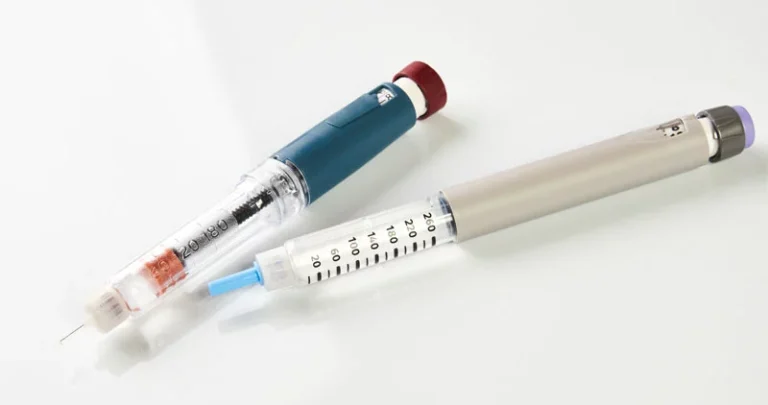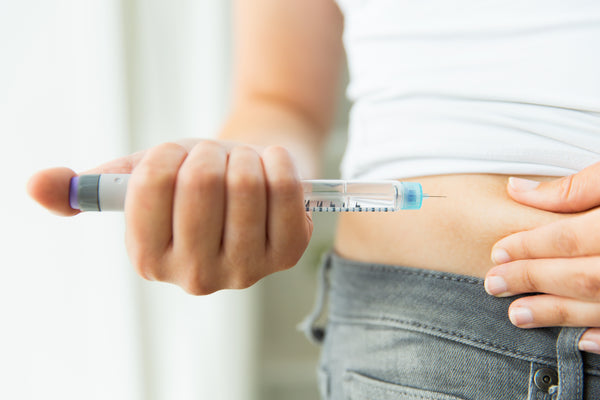Researchers have discovered that what we do at age 20 can help determine how healthy we will be at 70, and there are some things we can do at any age to live longer and more importantly, more healthily.
In article “What Happens As We Age?”, we discussed the changes that occur in our bodies as we age, and why they happen. But is there anything that can be done to help slow down these changes? Or to live a healthy lifestyle, free of the diseases that seem inherent with aging?
While there is no magic formula that prevents aging, there are things that can be done to help maintain good health and to slow down some of the changes that can occur. And we now know that the earlier in life that some of these lifestyle changes are adopted, the better the chance for good health at any time, including the decades after age 50.
1) Exercise: Although we tend to lose muscle mass as we grow older, and muscle converts to fat, science has shown that this occurs much more quickly in those who are sedentary (inactive). Much of the loss of muscle mass and tone that occur with aging can be combated with a regular program of exercise that includes both an aerobic component and muscle strengthening exercises.
Aerobic exercise increases blood flow to the brain, and may help with maintaining cognition and fighting the intellectual decline that occurs in old age. Exercise can also contribute to a healthier cardiovascular system and prevent bone loss due to osteoporosis.
People who exercise tend to sleep more deeply than those who don’t. This is important for the elderly, since as we age we tend to sleep less deeply.
It’s important to realize, though, that exercise alone will not combat the effects of aging. It is only one part of a healthy lifestyle that integrates several factors that are discussed below.
2) Good Nutrition: This is another key to maintaining good health at any age. Certain foods are associated with antioxidants, which help to “clean up” the free radicals that our cells are exposed to as a byproduct of metabolism. Vitamins C and E are an example of antioxidants, and fresh fruits and vegetables contain these and other disease fighting nutrients. To help stave off some of the effects that are often associated with aging and maintaining optimum health, experts recommend eating at least five servings a day of fresh fruits and vegetables, and including whole grains in the diet.
Increasing fiber in the diet can help prevent constipation, and it is important to include plenty of water to prevent dehydration (our bodies lose water as we age). As we age, our metabolism slows down and most people need fewer calories to maintain their weight. Maintaining a normal body weight can help prevent the diseases associated with obesity and insulin resistance.
3) Avoid Too Much Sun: Exposure to the ultraviolet rays in sunlight can cause damage to the cornea and lens of the eye, and cause skin damage (including cancer). Wearing a good sunscreen, protective clothing, and UV filtering sunglasses can help to slow down this process.
4) Relaxation and Stress Reduction:: Stress can cause illness and depression and accelerates the aging process, increasing the wear and tear on all organs including the brain. Learning stress reduction techniques can help with improving outlook, staying healthier and feeling younger.
Long-term planning for financial needs after retirement (the elderly often cite financial worries as being a major stressor) and maintaining a positive outlook can help. Hobbies and activities that relieve stress, whether gentle yoga, meditation, or prayer can all contribute to a healthier life and an increased life span.
5) Quit Smoking: The damaging effects of smoking have been demonstrated in numerous studies. It robs our bodies of vital nutrients, causes arteries to constrict, and contributes to high blood pressure, heart disease, and lung disease. And most significantly, smoking shortens the life expectancy. Stopping smoking can reverse many of these health hazards, and contribute to longer and healthier life.
6) Don’t Drink Too Much: If a person does drink, moderation is important, and never drive when drinking. Also, as a person ages, their ability to tolerate alcohol goes down and can contribute to falls or accidents in some cases.
7) Stay Involved: People with a good support system of family and friends, and who maintain an active lifestyle through either work, hobbies, or volunteer activities maintain both mental keenness and enjoy life more throughout their lifespan. Involved people look and feel younger, and they have an increased self-esteem as they contribute to society and those around them.
8) Get Enough Sleep: Sleep deprivation studies have shown that the effects of losing even a few hours of sleep each night can mimic some of the changes associated with aging, such as insulin resistance and elevated cortisol levels in the afternoon. Researchers feel that a minimum of 8 to 9 hours sleep is important for good health.
The quality of sleep is important, too. Sleeping in an environment conducive to good rest, moderate exercise during the day, and treatment of depression and stress management can all help with getting better, deeper sleep at night.
Following the above tips and recommendations is not a guarantee that you can run a marathon at age 80 (although some people do!), but they do increase the chances of a healthier body and mind at any age. The decline associated with aging can be slowed and even reversed in some cases with good nutrition, exercise, and other healthy measures, so that life can be enjoyed more at any age.




